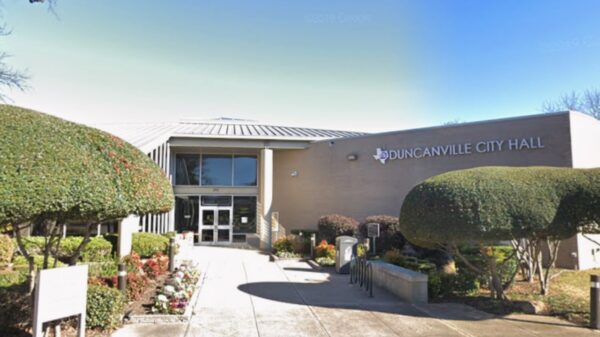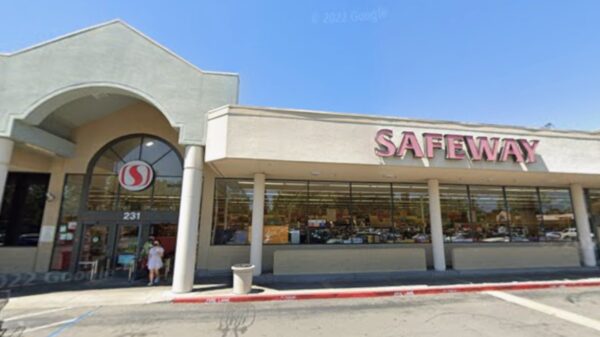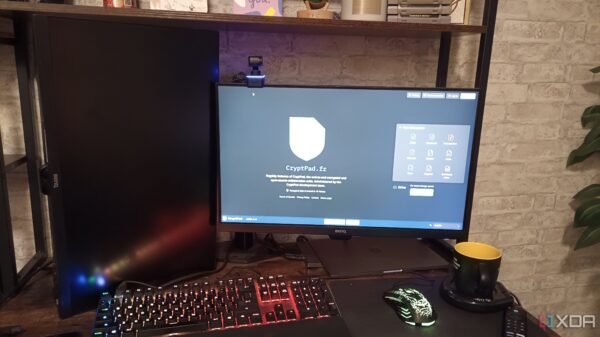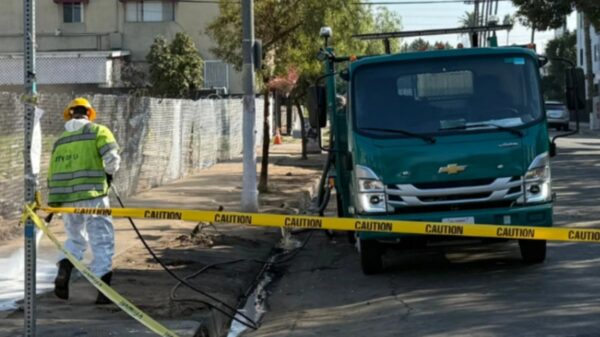The integration of artificial intelligence into community living is becoming a topic of discussion among condominium owners. Some residents are advocating for a return to in-person board meetings due to concerns about potential AI impostors. As technology continues to evolve, its impact on the management of condominium associations remains uncertain, prompting calls for a more cautious approach.
According to the Condominium Act, specifically Section 18.8, condominium boards are permitted to utilize technology for conducting meetings. While embracing technology offers numerous benefits, including efficiency and accessibility, there is growing apprehension about the authenticity of participants in virtual settings. The shift towards digital meetings has transformed how associations operate, but as one unit owner pointed out, “perhaps the time has come for condominium boards to revert back to in-person board meetings.”
The ongoing advancements in technology necessitate that associations evaluate their practices continually. Many experts suggest that instead of resisting change, associations should implement appropriate safeguards to harness technological benefits. The future impact of artificial intelligence on communal living is yet to be fully realized, but the potential for innovation remains promising.
In another matter, a unit owner raised concerns over a condominium association’s prohibition of propane gas grills on balconies. This restriction stems from the association’s insurance requirements. The board of directors has a fiduciary responsibility to ensure that the association can procure necessary insurance coverage. If insurance companies are unwilling to provide coverage due to safety risks associated with propane grills, it is reasonable for the board to enforce such a prohibition.
Municipal regulations also play a role in this discussion. For instance, the Chicago Building Code, specifically Section 15-26-540, prohibits the use of liquefied petroleum gas in multi-unit dwellings with 20 or more units. The Chicago Fire Department has raised concerns that the presence of propane tanks could pose a significant risk during a building-wide fire, potentially leading to explosions that could endanger both residents and firefighters.
Additionally, a separate inquiry arose regarding a single-family homeowners association where a new resident was operating a commercial warehouse from their garage. The governing declaration of covenants explicitly prohibits such commercial use. In this scenario, the board of directors is obligated to enforce the covenants. If the commercial operation is confirmed to be in violation, the board must issue a notice of violation and can take further legal action if the issue persists.
The board’s duty to uphold governing documents is not merely procedural; it is a fundamental aspect of their fiduciary responsibility. This ensures that all unit owners can enjoy the rights and privileges granted under their association’s rules.
For those seeking guidance on similar issues, the CTC Real Estate team invites residents to submit their questions for expert advice on condominium living and management challenges.
As the conversation around technology and community living continues to evolve, it is clear that condominium associations must navigate these changes carefully to balance innovation with the safety and preferences of their residents.






































































